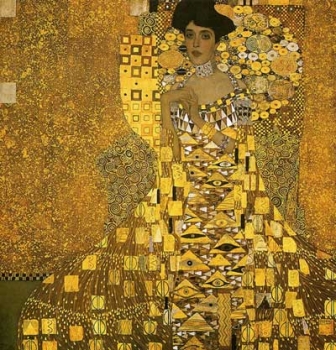Jacob is a trickster. He comes into the world grasping his brother’s heel, as though trying to push past him into the light. Years later, he persuades his bother to sell him his birthright for some lentil soup. When his father is ill and filled with thoughts of death, Jacob dresses up as his brother, lies to his father and steals the blessing Isaac meant for his elder son. Twenty years on, he fools his uncle by saying that he would be happy to have only the new lambs born with markings and then working some magic so that, against the law of probability, the majority of lambs are indeed born with markings. Tricksters are not uncommon in legend and myth. Here in Britain, we have Beanstalk Jack, who fools first a giant and then his wife in order to steal a bag of money, a singing harp and, finally, a golden egg laying goose. The Greek hero Odysseus comes up with the ruse of the wooden horse to trick the Trojans into believing that the besiegers have abandoned their ten year old siege. The ruse works, when the Greek soldiers hiding in the horse emerge in the night and open the city gates, thus enabling the whole army to enter and destroy the city, its people and a whole civilisation. Both North and South American indigenous people also had stories with tricksters getting the better of demons, nature or, after the conquest by Europeans, of foreign invaders and their gods.
So what is different about Jacob? Why should we care about him? Why does he become Israel, one who wrestles with the divine? Well, there are several, related reasons. First of all, he is so human. He is not a superhuman hero like Odysseus, nor a divine creature like the native American heroes, nor a fantasy figure like Jack. We care about Jacob and follow his life with intense interest, noting how he grows with time in maturity, wisdom and moral sense. We feel for him as he humbles himself before Esau. It all starts with the dream he has on the way to his uncle’s house of angels ascending and descending a ladder. He is enhanced in spirit and understanding. On the return journey, many years later, he strives with the eternal and grows even more, notwithstanding that for the rest of his life he remains human and prey to human weaknesses.
Second, the reference points of the story are moral and spiritual. Jacob is chosen to take the covenant forward, precisely because he understands what the covenant entails: a commitment to following God and understanding His ways.
Third, Jacob’s story does not occur in isolation from the past or future, a mythical, self-contained bubble. Jacob is the son of Isaac and Rebecca, the grandson of Abraham and Sarah and the father of the twelve tribes of Israel. Moses is his child, as is Ruth, as is David, as is Elijah, as are we. God’s experiment to ask a people to be His people can only happen because Jacob becomes fit to take forward the achievements of his parents and grandparents.
For these reasons, and others, we honour Jacob. For these reasons we are Israel.
And there I must leave it, but you we can all grow in wisdom and understanding by coming this Saturday at 10.00, when Pat Lipert will take us further on Jacob’s journey.


